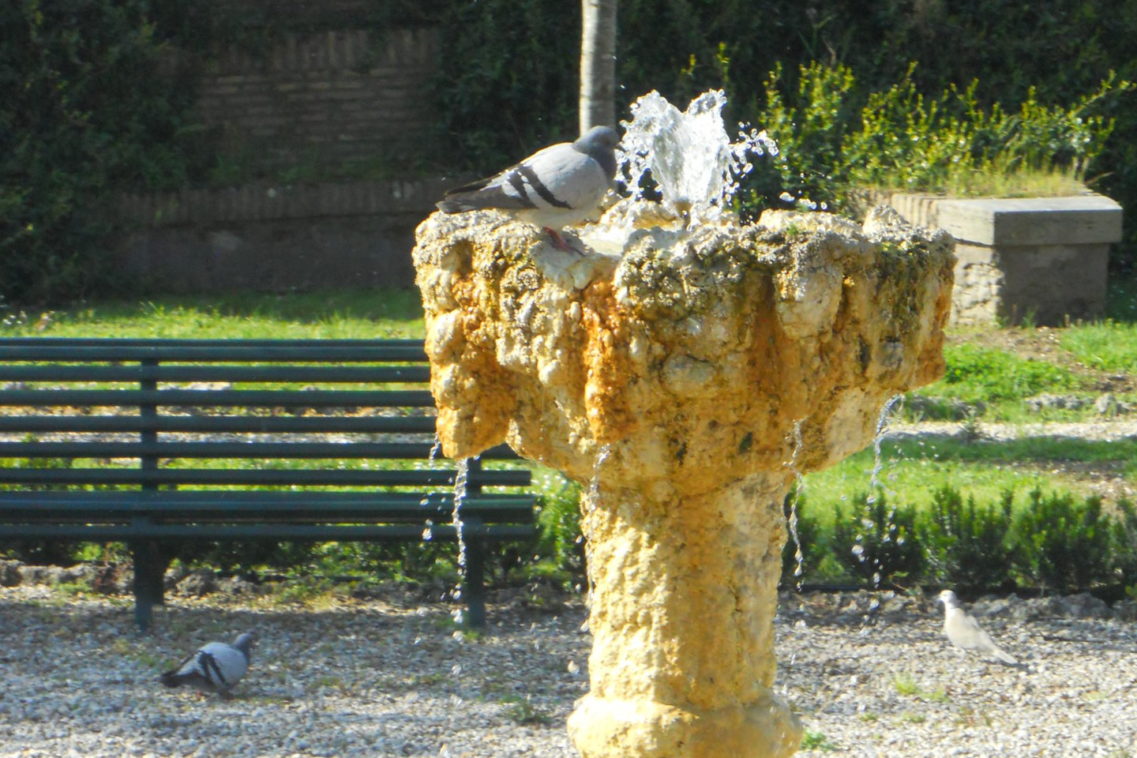It’s often the hot summer months that makes us think of drinking enough water. Truth is, hydration is an issue that needs to be considered in all seasons, for all ages. That’s because the human body is 55% to 65% water, and is vital for life.
Reasons for dehydration
Dehydration happens when more water is lost than is replaced. Water is lost through skin, lungs, kidneys and the gastrointestinal tract. Dehydration may complicate other medical problems and has the potential to cause significant illness, even death.
Water is the driving force of all nature
Leonardo daVinci
Signs of dehydration
Children are most at risk with vomiting and diarrhea (gastroenteritis). Athletes and outdoor workers are at risk when physical activity is prolonged in dry cold or hot weather without proper re-hydration. Elderly population is up to thirty percent more prone to develop dehydration due to immobility, impaired thirst mechanism, diabetes, kidney disease, falls and not wanting to drink for fear of incontinence or feel there is too much effort to get to the bathroom. Other reasons for dehydration include too many caffeinated or alcoholic beverages without appropriate water intake, high blood sugar and some medications.
- Fatigue
- Difficulty thinking or speaking clearly
- Thirst or sometimes don’t feel thirsty
- Dry skin and lips
- Dark urine or decreased urination
- Headaches
- Muscle cramps, difficulty moving around
- Light-headedness
- Skin “tenting” – pinch the skin and it sticks together, not returning easily to its natural state
- Dizziness
- Fainting
- Heart palpitations
- Fever
Rehydration
Water is absorbed through the gastrointestinal tract and the brain uses feedback from receptors in the body to monitor and control thirst and water absorption. Pure water consumption is the best way to preventatively hydrate. Food like soup, herbal teas, juicy fruit and vegetables also are a source of water.
In addition to water, advanced levels of dehydration require a small amount of sugar and salt to help regain body fluid balance.Oral rehydration therapy, such as providing half-strength apple juice followed by water is the mainstay of treatment for mild dehydration. A natural electrolyte recipe for moderate dehydration is included below. The commercial ones available have a lot of added ingredients like food colouring chemicals which can cause irritation in mood and digestion. In cases of severe dehydration, hospitalization and IV fluids are required.
Natural electrolyte recipe for moderate dehydration:
1 liter water
½ teaspoon salt
3/4tsp baking soda
1 c fruit juice
2-4 tablespoon honey
We are fortunate in many parts of Ontario to live on deep aquifers of fresh water accessible by wells and many natural springs. Our Great Lakes are some of the most vast natural fresh water archives in the world. With our rich resources of water, we are truly blessed. Protection of our water is key to our longevity and keeping hydrated.




